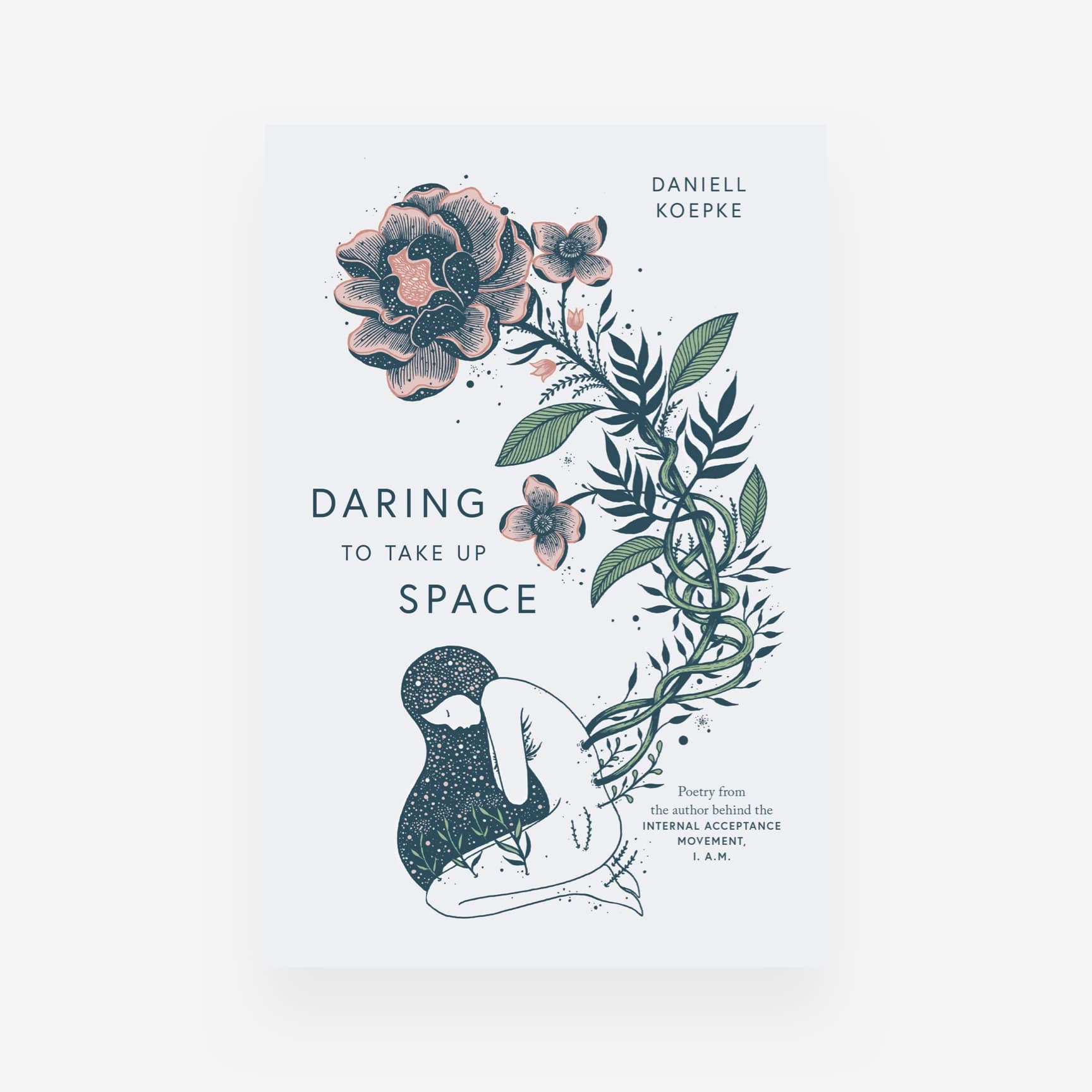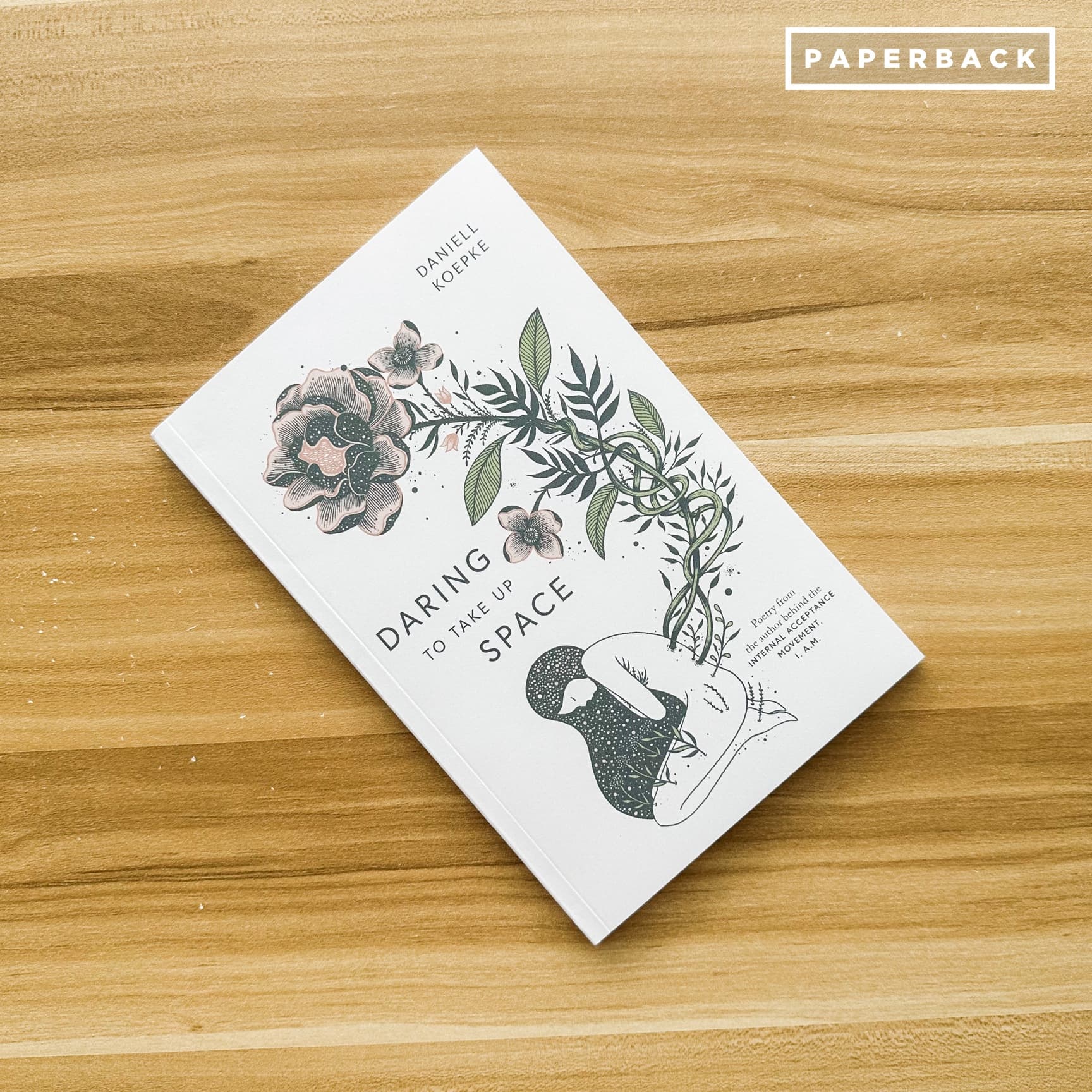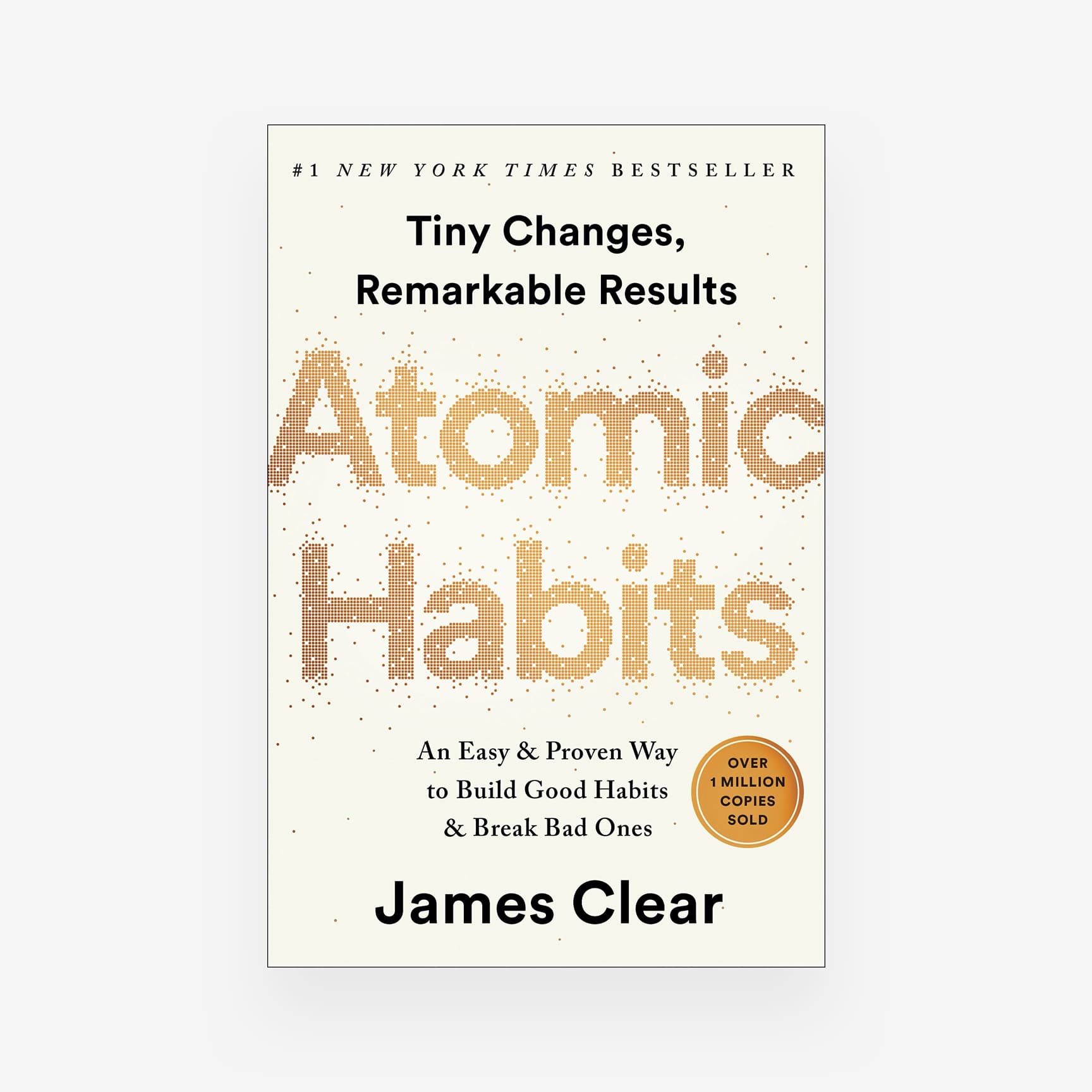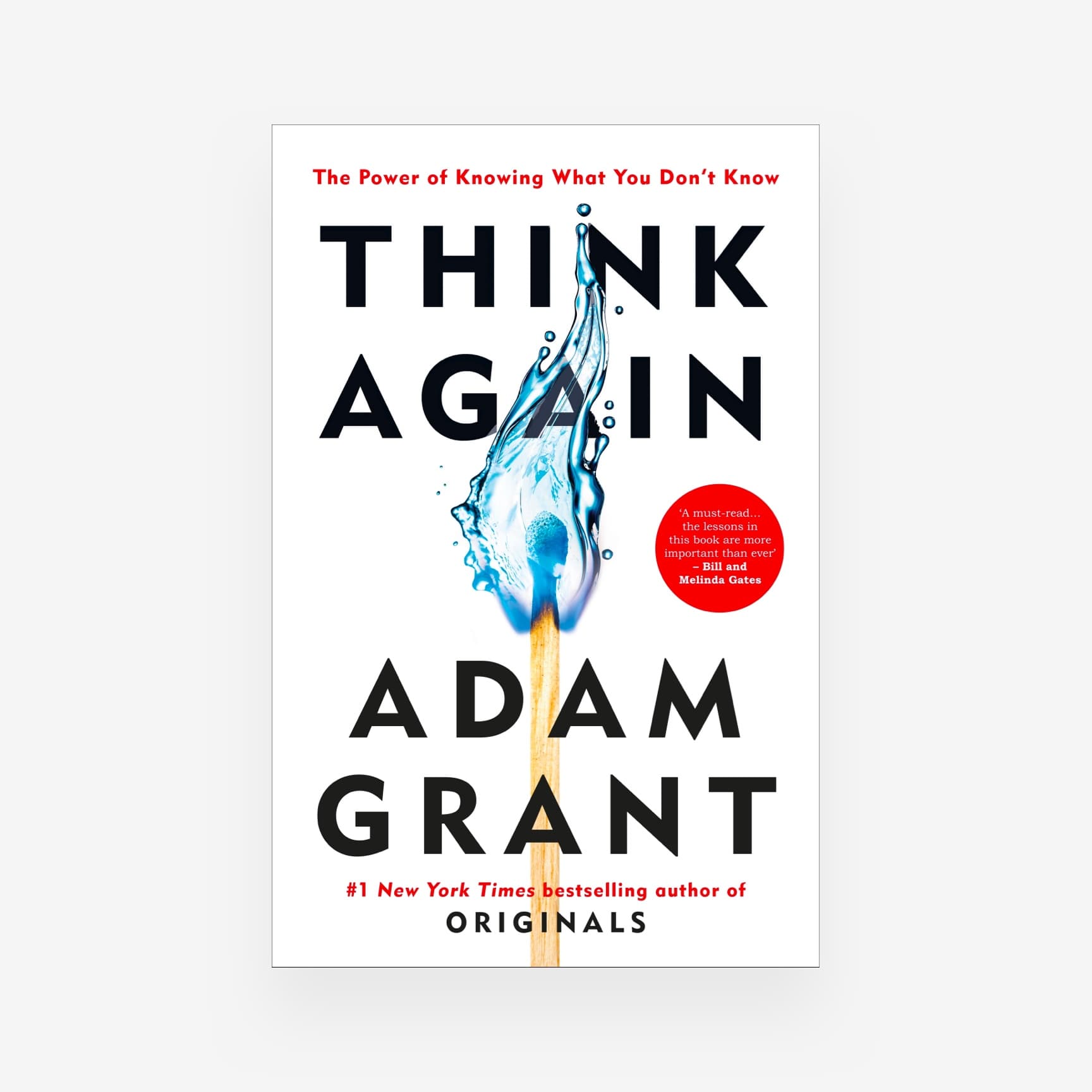Here are the surprising benefits of curiosity.
Teachers and parents both dread and adore hearing this question from children. We fear it because, well, sometimes we don't know the answer—or we're too tired or rushed to think of one. But we usually give it our all, knowing that curiosity is essential to learning.

Photo from the wires
However, did you realize that the advantages of curiosity aren't just intelligence? Curiosity has indeed been linked to psychological, emotional, social, and even health benefits in both adults and children. Here are five examples!
1. Curiosity aids our survival.
The need to investigate and pursue diversity means staying alert and learning about our ever-changing surroundings, which may explain why our brains are wired to generate dopamine and other feel-good hormones when we come across new things.
2. Curious people are happier.
Curiosity has been related to increased levels of pleasant emotions, lower levels of worry, more satisfaction with life, and improved psychological health studies. Of course, those who are already happy may be more curious, but since novelty helps us feel good (see above), it's probable that it also works in the other way.
3. Curiosity strengthens bonds.
Individuals were regarded as kinder and more appealing if they displayed genuine curiosity in the conversation (although other variables such as the person's social anxiety and their levels of positive and negative emotions did not affect the partner's needs of desire and proximity). This means that showing interest in someone is a fantastic approach to strengthening your bond with them.
4. Curiosity can help us develop empathy.
We become capable of understanding people with lives, perspectives, and viewpoints distinct from our own when we are curious about others and talk to people outside of our regular social group. Try and engage with a passerby on a personal level (respectfully, of course) and demonstrate that you will be interested in what they have to say the next time you have the opportunity to speak with someone unfamiliar.
5. Curiosity enhances performance.
Curiosity has been linked to increased school happiness and enthusiasm, along with higher academic accomplishment, comprehension, engagement, and productivity at work, according to research. It may seem obvious, but getting involved, putting in the effort, and performing well is simpler when we are intrigued about and motivated by what we're doing.
Now that you understand the value of curiosity, you should discover how to be more curious through browsing in this online bookstore in the Philippines.






















